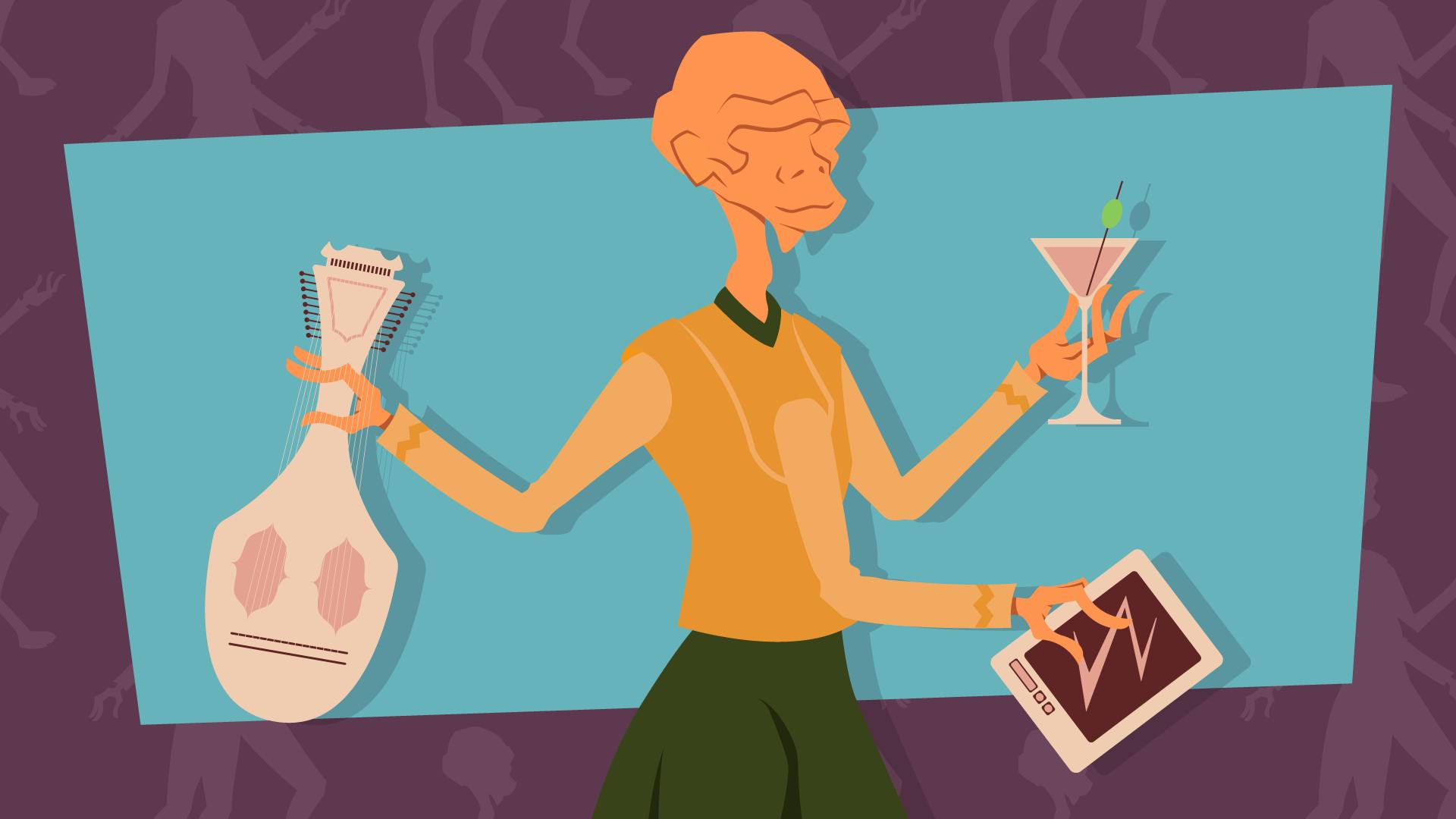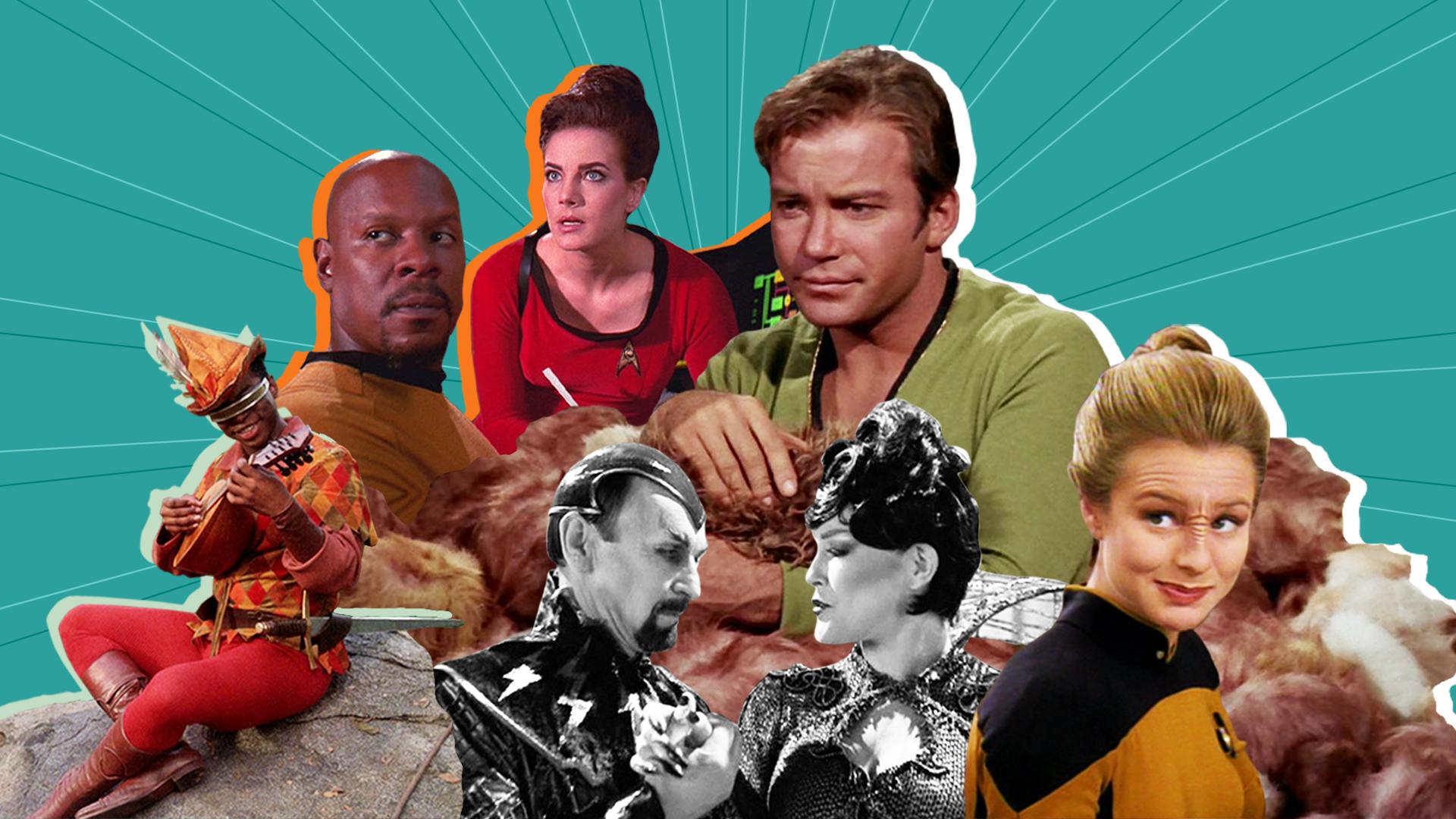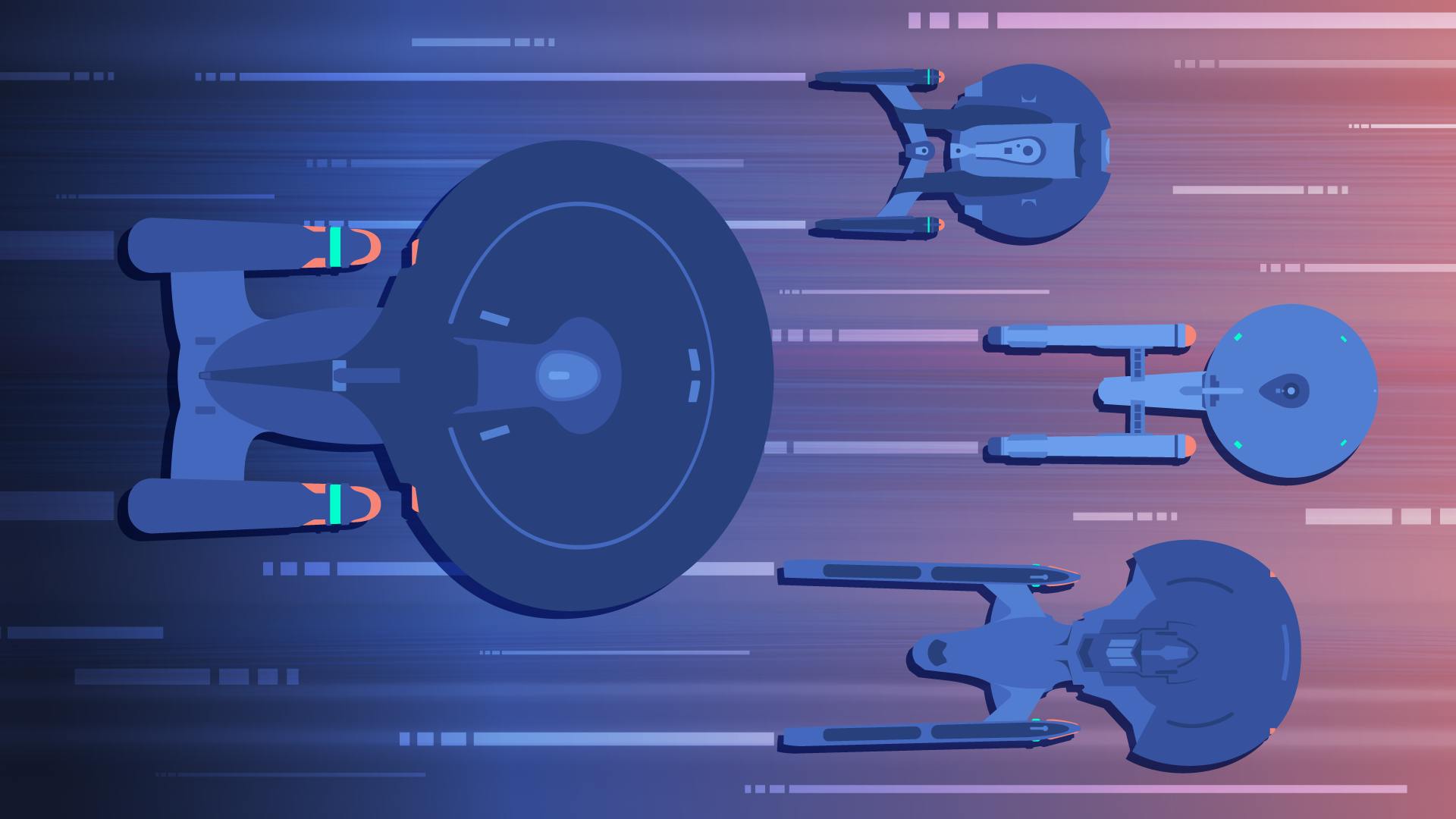Published Sep 21, 2023
Star Trek: Enterprise's Hoshi Sato and T'Pol Deserve Another Look
Both women deserve more after 20 years.
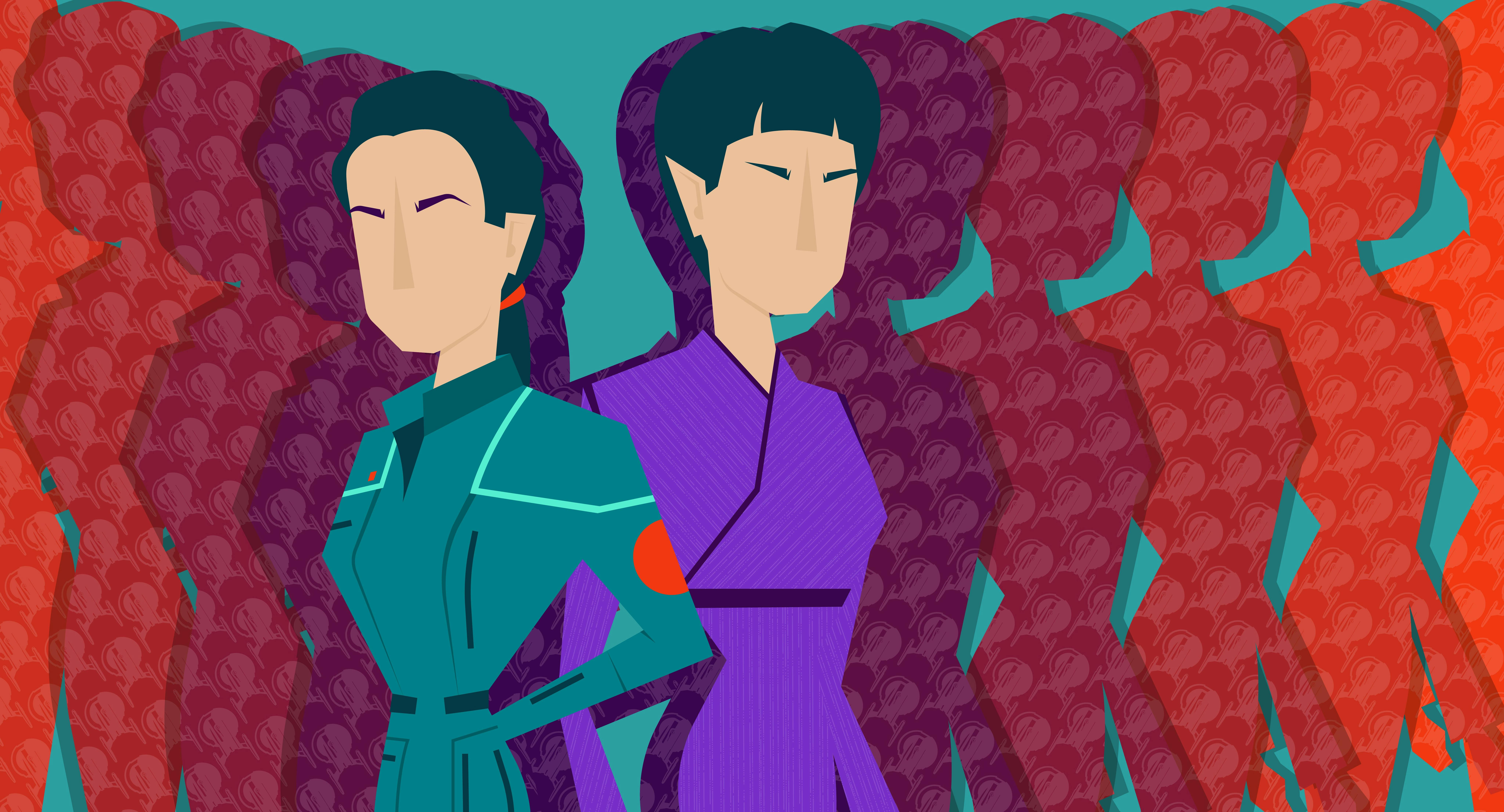
StarTrek.com
Look. I say this as a fan; you don’t have to look very closely at the Star Trek world to find sexist moments. It is over 50 years old, after all, and the franchise’s early offerings include sexism that’s very much of its time. That’s what makes this new wave of Trek so exciting; its women characters are more often than not getting their time in the sun. You have to look no further than Captain Michael Burnham to know that sultry fan dances just don’t fly anymore.
wasn’t the first of the Trek franchises to step away from outdated perceptions of how womanhood should be portrayed either. I know for a fact that if I don’t point out that Star Trek: The Next Generation had its share of powerful feminist moments (“” is a brilliant example), I would be rightly corrected!
I won't go so far as to call the red-headed stepchild of the Trek universe, but calling it the water polo-obsessed member of the Trek universe isn't a far stretch. Making my way through the series, I was struck by the level of specificity dedicated to the characterization of the men on the crew. There's Captain Archer with his passion for water polo and Star Trek's only beagle, his dog Porthos. There's Reed's pineapple allergy, and there’s Tucker’s obsession with black-and-white movies.
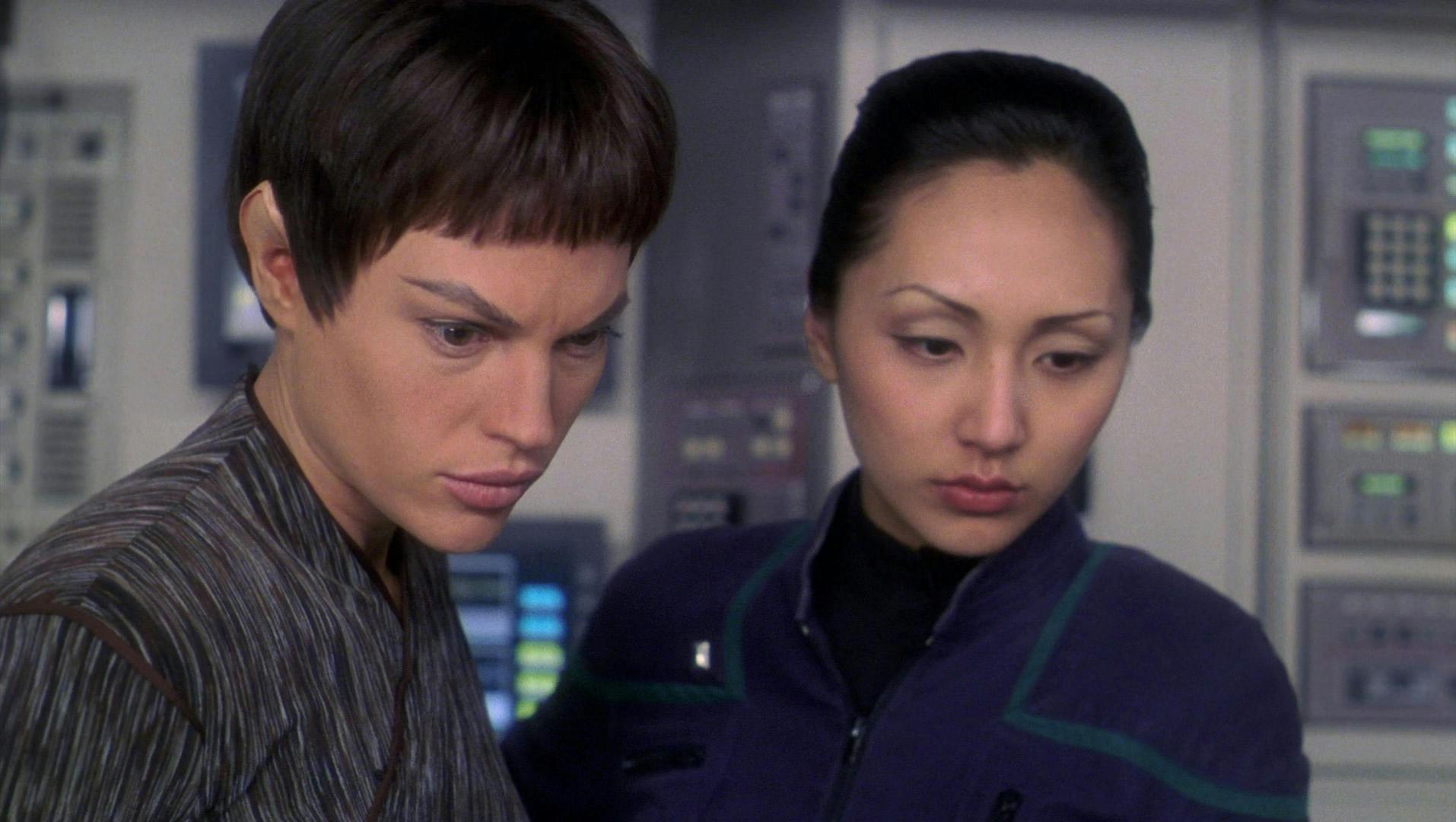
"Vox Sola"
StarTrek.com
Unfortunately, the women of the series aren't painted with such a fine brush. Hoshi Sato can speak more languages than I could conceivably name, but ask me one detail about her personal life and I come away blank. T'Pol spends much of the series making sour expressions at her human crewmates, seemingly, because she is Vulcan and sourness is the primary characteristic required of Vulcans.
When Hoshi and T'Pol come into focus in the series, it is as lust objects or to play the starring role in a morality play about believing in oneself — which, frankly, feels somehow worse. In canon, Hoshi's contributions to the evolution of the universal translator can't be ignored, but her skills aren't what often takes the forefront. Instead her storylines center around her flubs and the insecurities she carries about her own abilities.
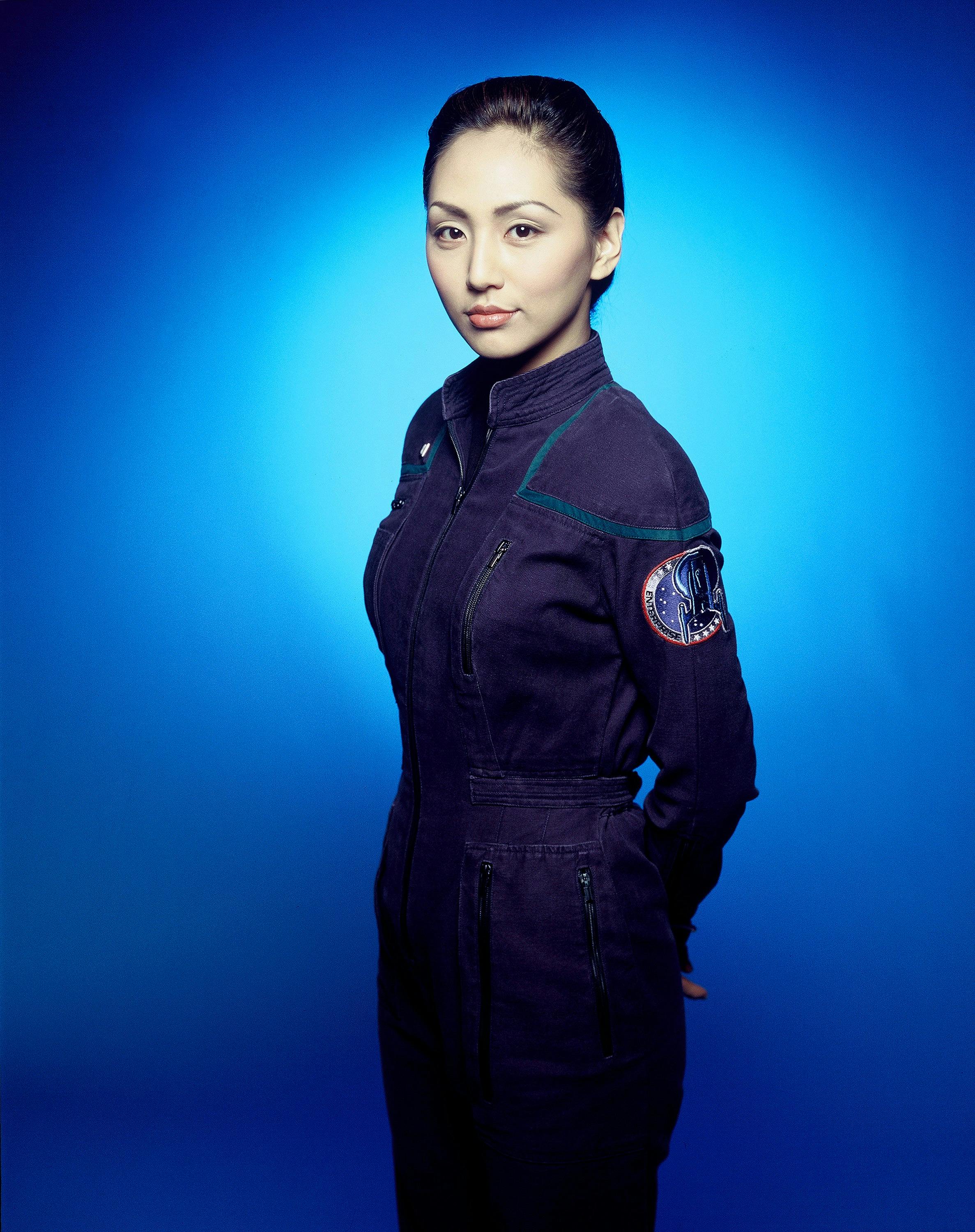
StarTrek.com
In my humble estimation, Hoshi gets off easy. In fact, in “Two Days and Two Nights,” , it’s Hoshi who evades storylines A and B to engage in casual sex with a hot alien, no strings attached, and no apologies in either the performance or the writing. That’s heavenly! Sadly, it’s probably such a memorable moment because of how it seemingly stands in such stark opposition to how the sexuality of the series' women is usually employed to drive storylines.
The real martyr on the cross of femininity was T’Pol. Let’s start with the costumes. Look, I know that Star Trek has a history of sexy little ensembles for its lady cast members; but a costume so tight and rigidly constructed that, on the occasions T’Pol takes the helm, she can't actually fully sit down on the captain's chair is a far cry from Deanna Troi’s Prince-purple stirrup pants or Uhura’s inexplicable space skirt. One cannot miss T’Pol’s crop top pajamas either. Perhaps it's a little known truth that all Vulcans sleep in crop tops, but I have a funny feeling that's not the case.
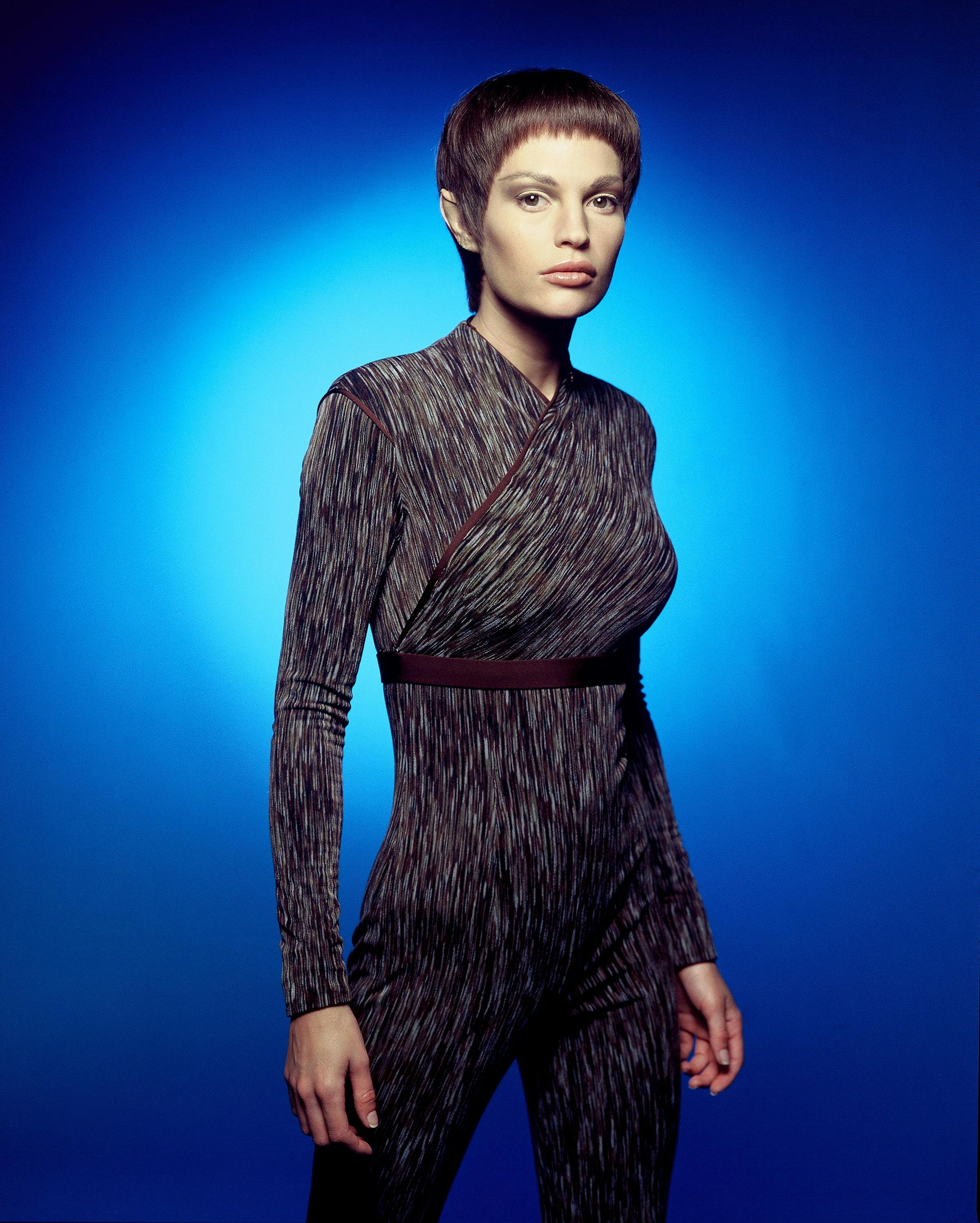
StarTrek.com
Any Trekkie worth their weight in trellium-D will tell you that Vulcans are different from humans when it comes to sex and sexuality. For a race who is only supposed to experience pon farr once every seven years, T'Pol finds herself crazed with lust at least once a season and that's if she's not being rubbed down gingerly with decontamination gel in the medical bay or massaging Tucker free from insomnia using special Vulcan techniques — techniques that require her to be in the aforementioned nighttime crop top.
By their accounts, the women on Enterprise enjoyed their time on the show. They have both spoken about the positive environment on the set, so it’s not as if sexism was any more pervasive during the filming of this show. That is, any more pervasive than, you know, it always is if you stop and really look at it — a bleak proposition indeed! But then, Enterprise was not a show that backed away from the bleak or the topical.
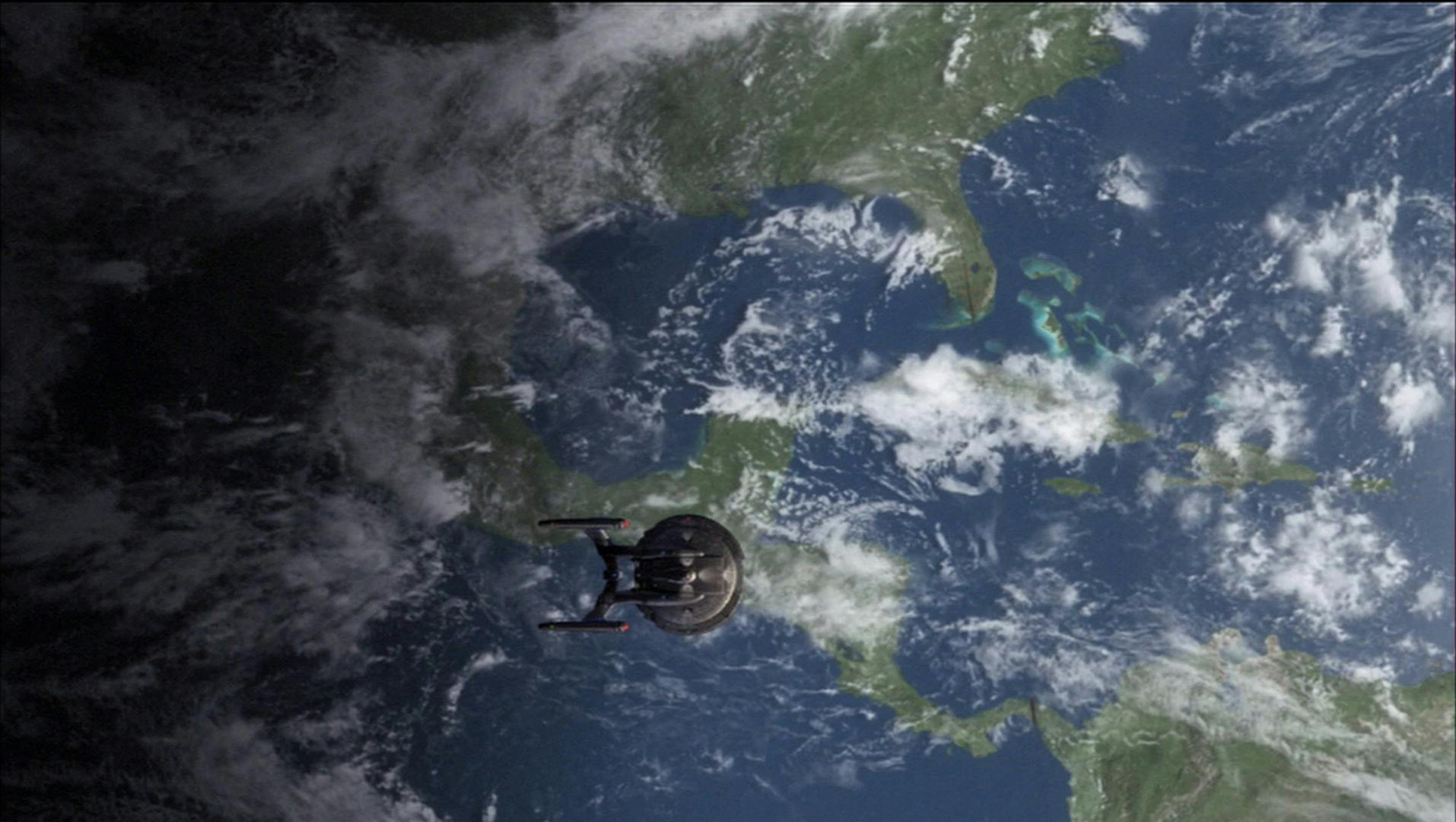
"The Expanse"
StarTrek.com
In the wake of 9/11, Enterprise begins their storyline in which much of Earth is destroyed by the Xindi. It’s a global tragedy rather than an American one, but an obvious metaphor nonetheless. It’s also one that affects everyone on Enterprise personally, including Commander Tucker who loses his architect sister in the attack. It’s a story handled deftly, one that could’ve been perceived by the powers that be as “too soon,” but the show took the risk. So why not risk more on storylines with its women ensemble members?
There are a lot of potential answers to that question and not one of them is good enough. In the case of T’Pol, it could be that there were doubts about Jolene Blalock’s abilities. Enterprise was a big break for the actress who prior to this role had mainly worked as a model. Watching Enterprise with this knowledge allows one to see a young actor learning, and she only gets better as the show goes on! For Linda Park, well, we must acknowledge the reality that women of color have always been marginalized.
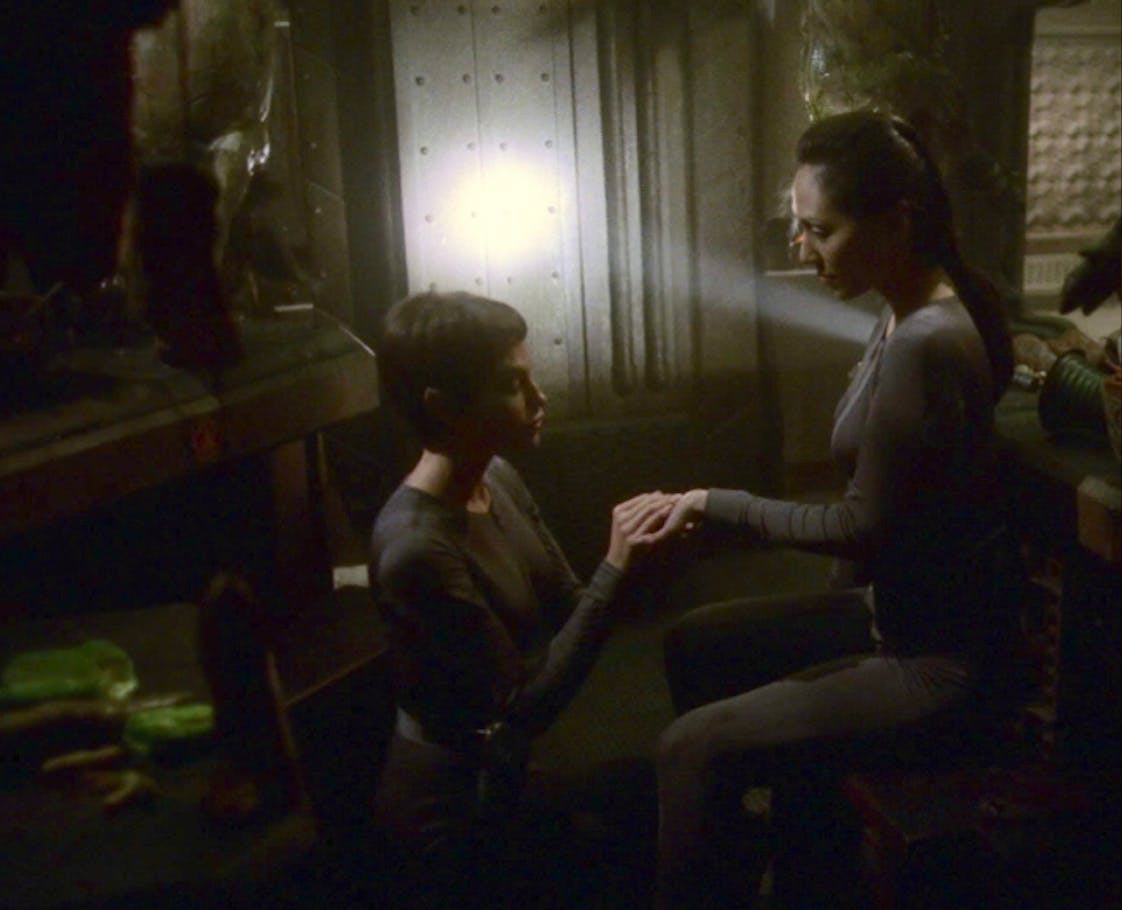
"Sleeping Dogs"
StarTrek.com
When I watch Tilly and Burnham and Georgiou chewing up the scenery in their own distinctive ways, making a meal out of richly developed (and developing) character arcs, I absolutely revel in it. It’s a Star Trek for all of us, not just a Trek for the white men, and it’s about time.
But when I watch, a small part of me feels almost wistful if not a little sad, sad for the women of Discovery’s predecessors like Enterprise, sad for them that it took us this long to get here when the Federation has been espousing these values since its fictive inception — finally, Star Trek is consistently enforcing them!


